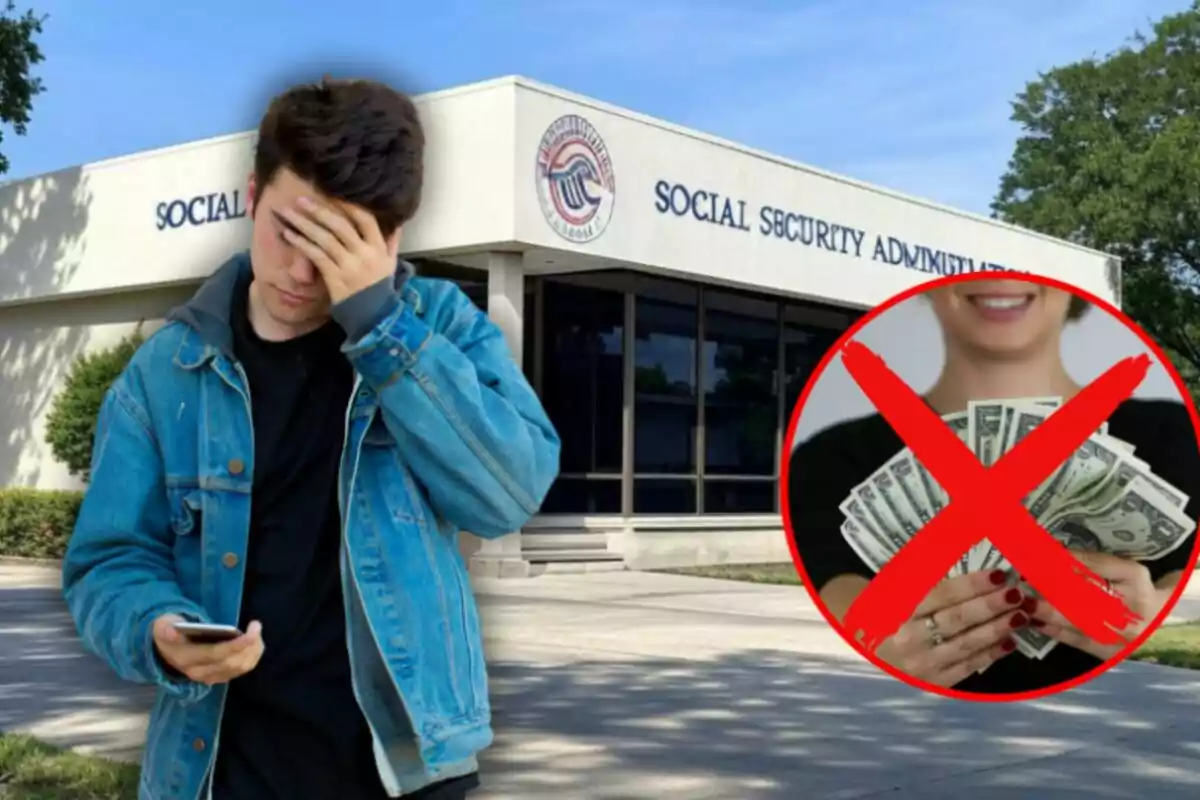
Urgent Statement from Social Security About the IRS: Maximum Alert Across America
The IRS Detects an Increase in Scams Related to Impersonation of This United States Agency
The Social Security Administration (SSA) and the Internal Revenue Service (IRS) have issued a joint alert directed at all U.S. citizens. This warning focuses on the increase in fraud and identity theft schemes aimed at deceiving taxpayers and Social Security beneficiaries.
SSA Sends Urgent Message About IRS: Beware of Impersonations
Recently, there has been an increase in scams where criminals pose as IRS or SSA employees. These scammers contact people by phone, email, or text messages, claiming there are issues with their taxes or benefits.

Their goal is to obtain personal information, such as Social Security numbers or bank details, to commit financial fraud. One of the most common scams is the promotion of a supposed "Self-Employed Tax Credit." The scammers claim that independent workers can receive significant refunds, sometimes promising up to $32,000.
To do this, they request personal information and, in some cases, charge a fee for their "services." It is important to highlight that these claims are false and can lead to legal consequences for those who submit fraudulent information to the IRS.
IRS's Position Following the Latest Scam Alert
The IRS has been clear in its stance, it doesn't initiate contact with taxpayers by email, SMS, or social media to request personal or financial information. Additionally, it doesn't threaten with immediate arrests or demand payments via prepaid cards or bank transfers.
Any such communication should be considered suspicious and potentially fraudulent. To protect yourself from these scams, it is essential to be aware of the following warning signs:
- Unsolicited Communication: Receiving unexpected calls, emails, or text messages claiming to be from the IRS or SSA.
- Requests for Personal Information: The IRS will never ask for sensitive details, such as Social Security numbers or banking information, through these means.

- Threats or Urgency: Messages indicating immediate consequences, such as arrest or liens, if not acted upon immediately.
- Offers Too Good to Be True: Promises of large refunds or nonexistent tax credits.
What to Do If You Suspect: U.S. Social Security Makes It Clear
If you believe you have been contacted by a scammer posing as the IRS or SSA, do not provide personal information. Avoid sharing sensitive data by phone, email, or text message.
Do not interact with the message, do not click on links, or download files from suspicious communications. Verify authenticity and contact the IRS through official channels to confirm any request.
More posts: